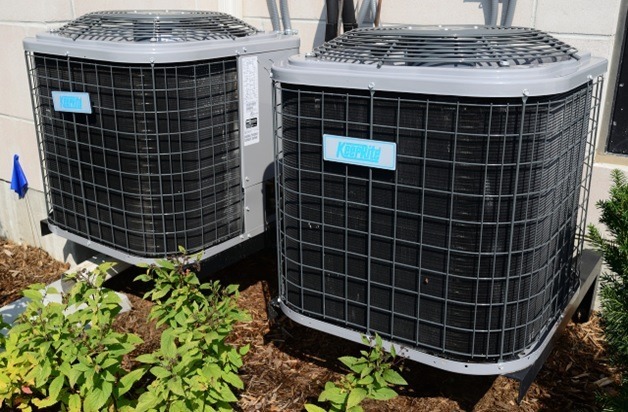It’s that time of year again when there are four- and five-day heat waves and your A/C is running non-stop. However, if you’ve noticed that the air conditioning isn’t as cold as it used to be, that it’s not getting to as many places in your home, or that your energy bills are higher than they used to be, you may be wondering whether it’s time for a new air conditioner.
You may also be wondering whether you can squeeze a few more years out of your current air conditioner with some repair work, especially if you’re planning to move in the near future. If you are, make sure you hire an affordable lawyer who is reliable, offers online services and is available on your schedule.
In the meantime, here’s what you can do to help you decide if it’s truly time to replace your air conditioner.
Clean the Air Conditioner
Ideally, you want to do so at least once a year, but cleaning it now may boost its performance. To do so, follow these steps:
- Change the air filter. Your air conditioner’s manual should provide instructions on how to do this. If not, you’ll probably be able to find the information online. You just need to make sure you have the right filter and that it’s facing the right way when you install it. The general rule is to replace it every 90 days, but that could change based on how much it’s used and whether you have pets, among other factors.
- Clean, clean, clean. This includes cleaning your inside vents, removing leaves, twigs, pollen, etc., from the outside unit and pouring a little bleach/water mixture down the outside unit’s drain to prevent mould and algae. You also want to make sure the outside unit is on a level surface, has two feet of clearance around it and that the insulation around the coolant lines is still in good shape.
- Monitor the situation.
If you notice your AC isn’t performing the way it used to after cleaning it, it may need repairs, or it may be time to replace it.
Signs That Your Air Conditioner Needs to be Repaired or Replaced
If you notice any of these warning signs, it’s probably a good idea to have a professional take a look at your air conditioning unit:
- You feel warm air coming through your vents when the AC is on
- Cold air isn’t circulating properly throughout your home
- The thermostat reading is wrong
- There’s a bad smell constantly coming through the vents when your AC is on
- You notice water or freon leaks
- Your energy bills keep increasing
- You hear loud noises coming from your unit
- There’s humidity in your home when the AC is on
Tips to Help You Decide if it’s Time to Replace or Just Repair Your Air Conditioning
Of course, you can always insist on repairing your air conditioner, but there comes the point when you’re actually spending more money to keep your current AC than you would to replace it. Knowing the right time can be tricky.
According to Energy Star Canada, the lifespan of a central air conditioner is 15 years or longer. So if your unit is over 15 years old, cleaning and repairs aren’t doing the trick anymore, and your electricity bill is still higher than it should be, the time has probably come to stop pouring money into your old AC and invest in a new one.
Some other tips that can help you decide if your air conditioner can get by with some repairs instead of a replacement:
- You notice the above warning signs, but your air conditioner is ten years old or younger
- This is the first time you’ve had to repair your air conditioner, or you haven’t had to repair it in a while. Of course, you have to be careful with this one because, again, depending on the age of your AC, this repair could be the signal that it’s time to replace it, and it’s just the first of many repairs to come.
- Your electricity bills are around the same / are not consistently too high
One final tip: if the cost of repairs is still less than half the cost of installing a new unit, you may decide to keep it. Some contractors will multiply the cost of the repair by the age of the unit, and if the number is less than a replacement, they will advise repairing it. If it’s more, they’ll advise replacing it.

